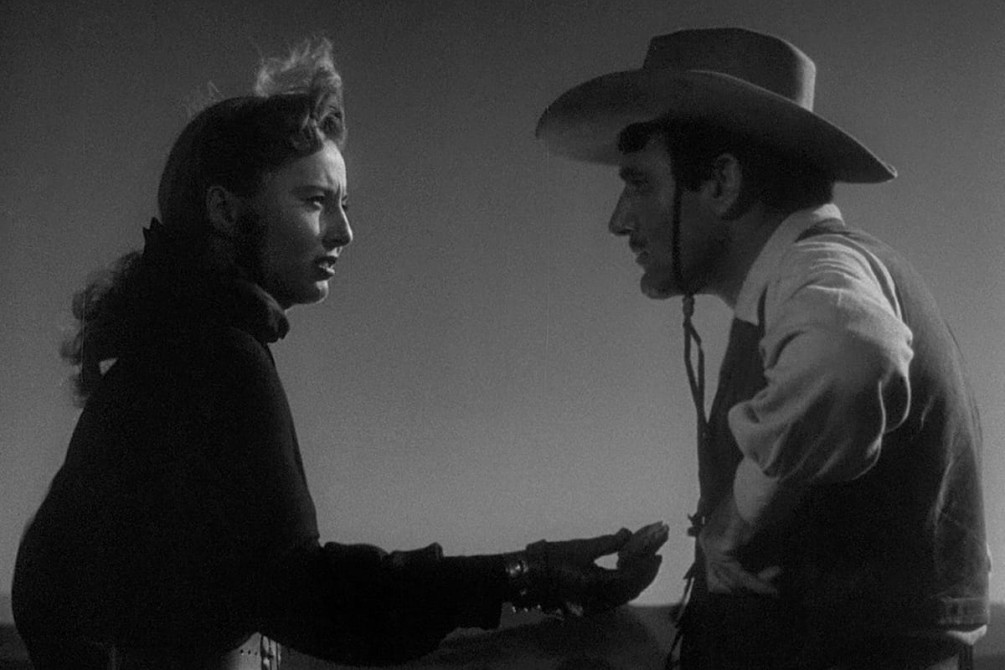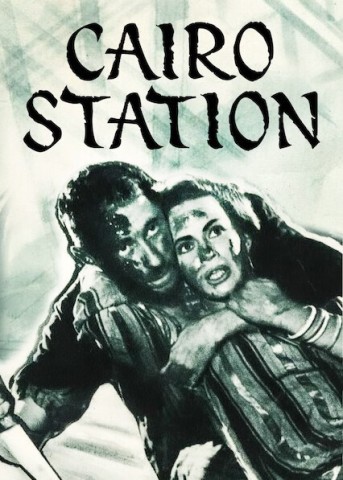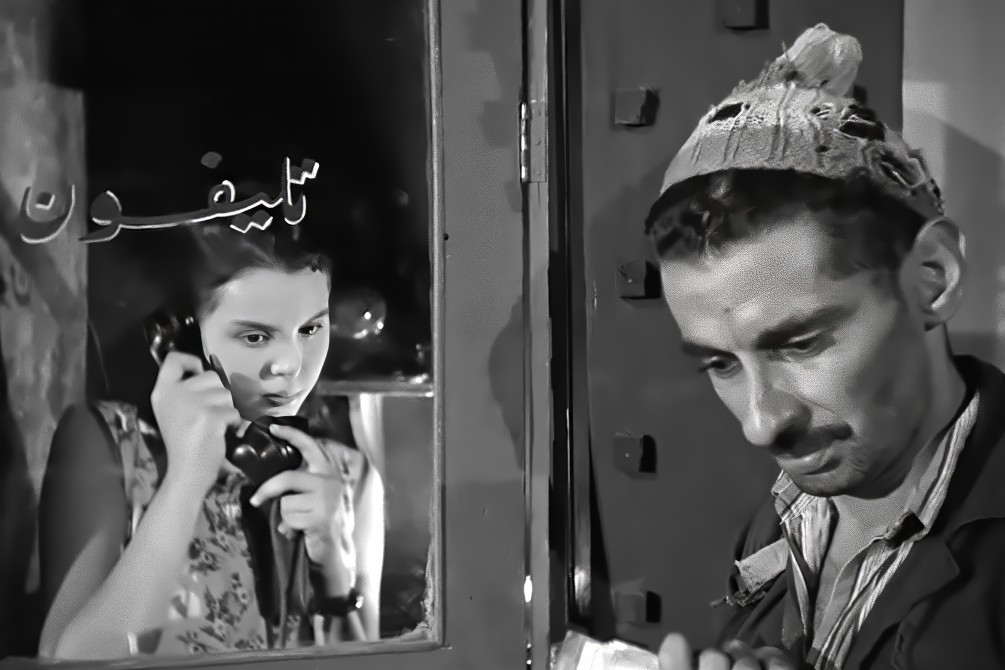
Qinawi, a newspaper hawker at Cairo’s Ramses railway station, develops a frightening obsession with Hanuma, a sexy lemonade vendor. That’s the unnerving spine of this picaresque drama that cunningly uses the bustling train depot to depict clashing strata of Egyptian society. Between the fall of the Egyptian monarchy in 1952 and the film industry’s nationalization in 1966, director Chahine created a slew of films deeply critical of his country’s gender roles and geopolitics. He was forced to portray the pathetic Qinawi himself when no Egyptian actor would take on the role. His combination of gritty neo-realism and psychosexual expressionism created what many consider the landmark film in Egyptian cinema — despite boycotts over its unflinching perversity and politics. Costar Hind Rustum was Egypt’s most popular actress of the era, her reputation for sultry, seductive characters earning her the nickname “The Arab Marilyn Monroe.” A brave social critique that’s also a spine-tingling suspense thriller.
Now Showing
February 19 – February 26 / View All

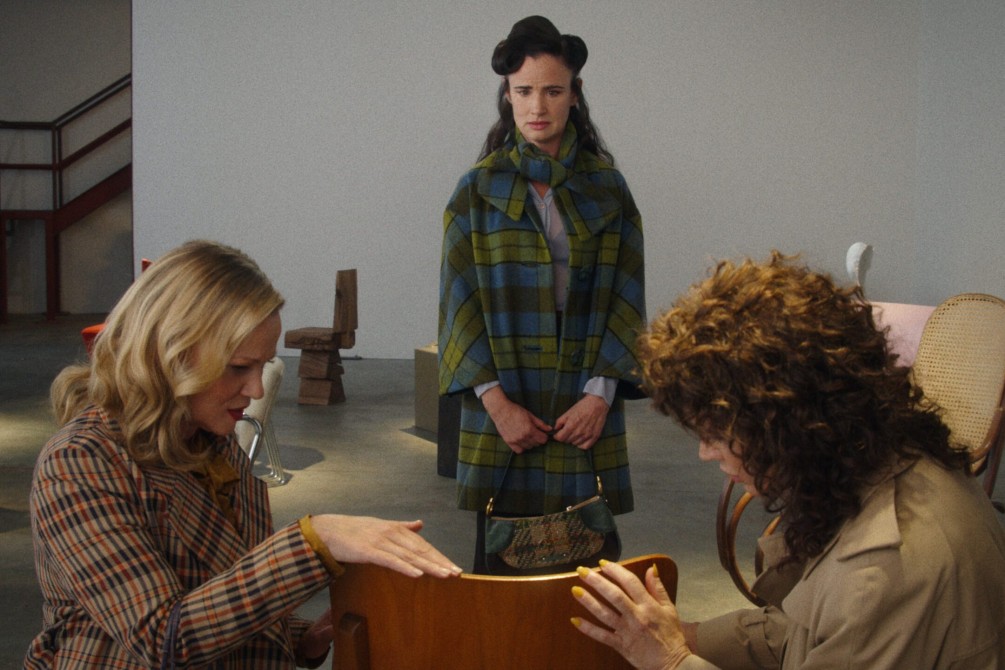
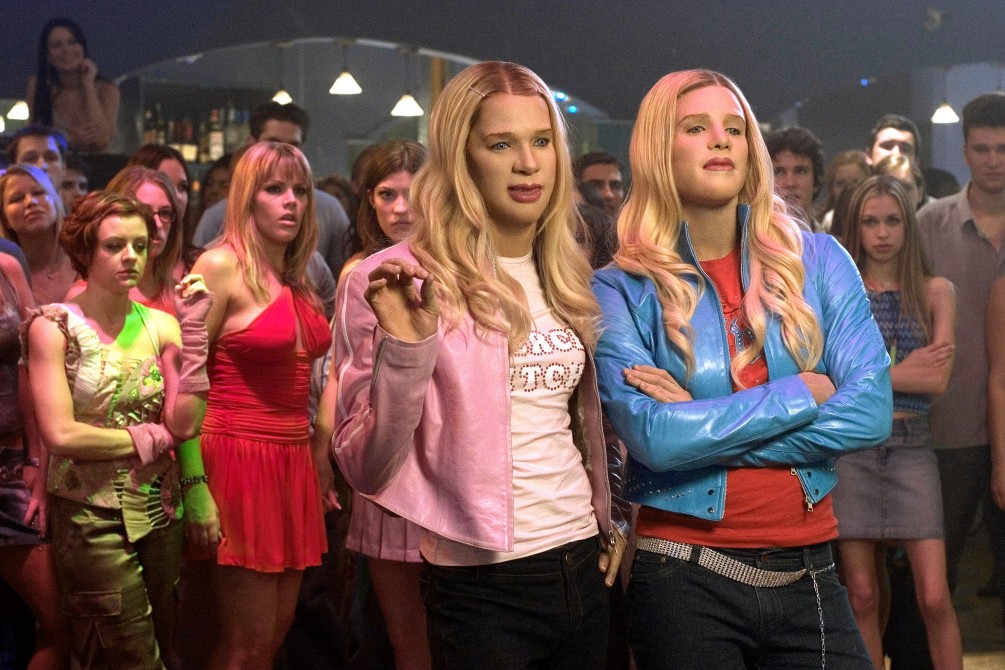




Brothers from Another Planet
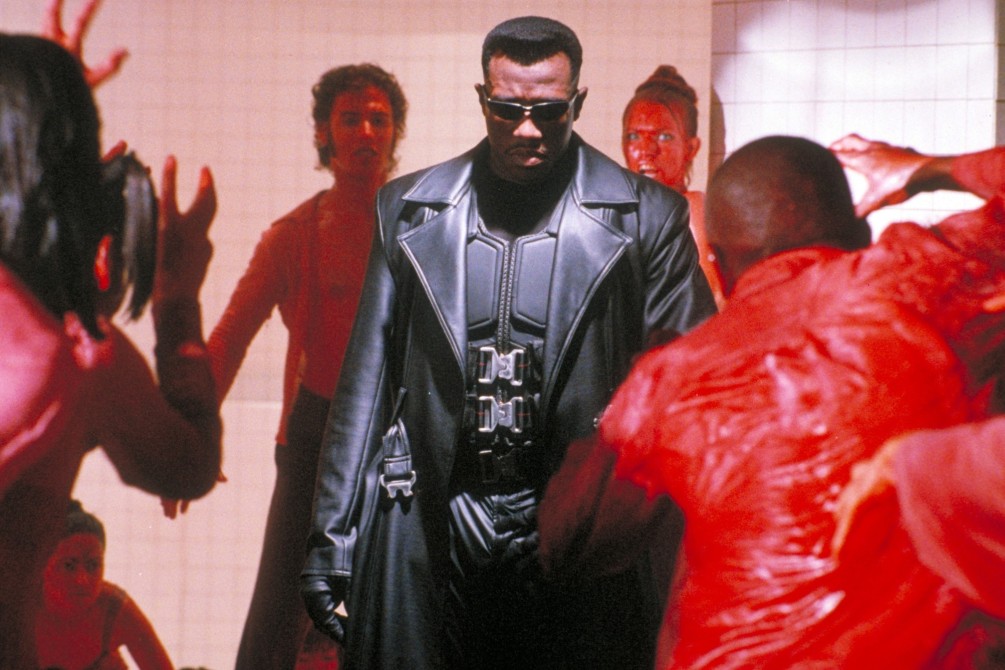
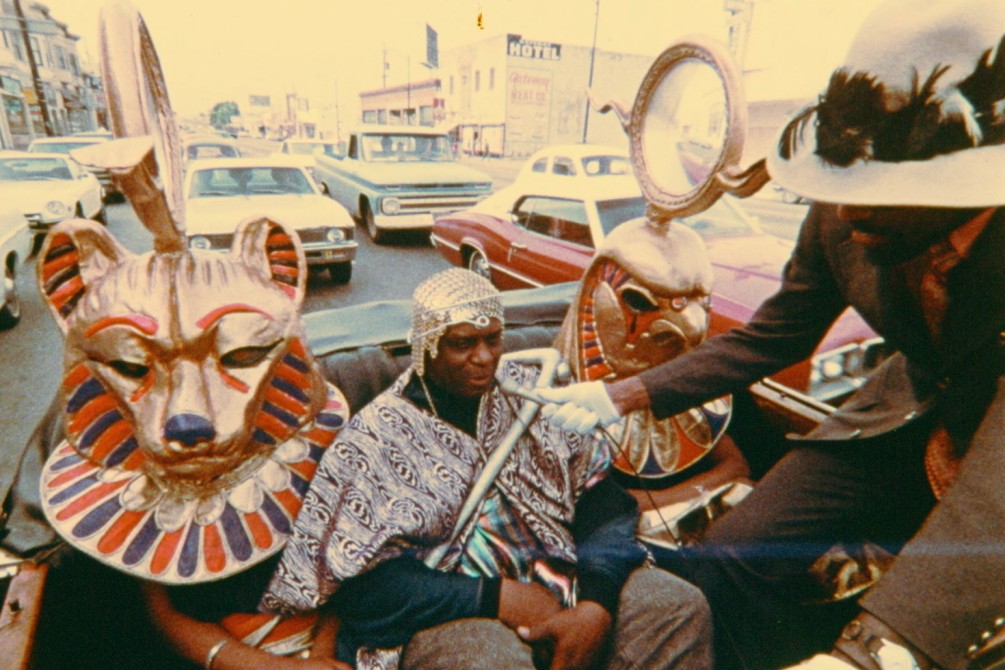
Working Girl: The Films of Barbara Stanwyck
